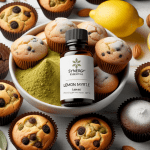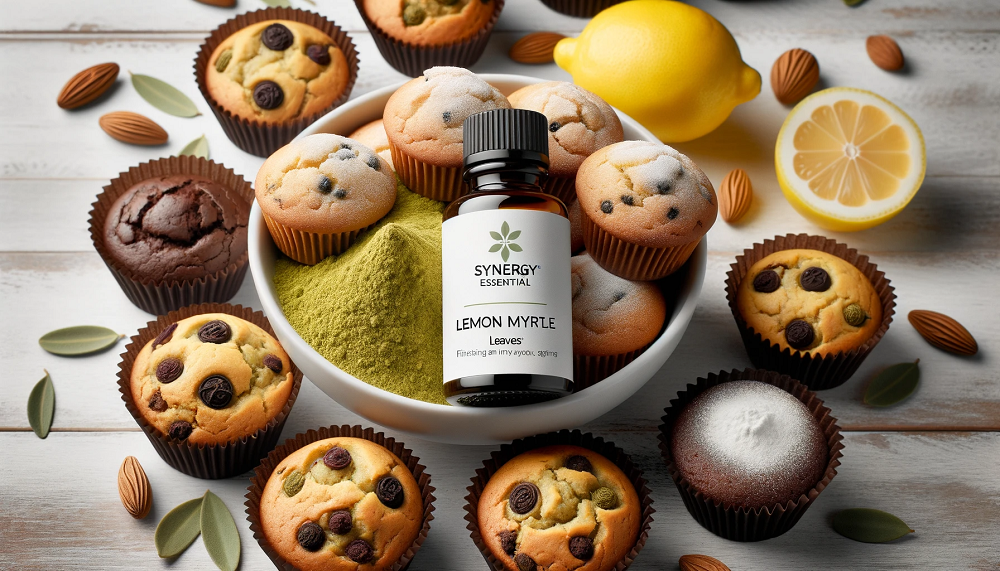- Turmeric, ginger, peppermint, Brahmi, and moringa are gaining attention for gut health support.
- Growing popularity of herbal wellness reflects interest in holistic, food-based approaches.
- Scientific studies show potential benefits but also highlight the importance of safe use.
- Forms include teas, capsules, and culinary use – quality sourcing matters.
What It Is and Why It Matters Now
Herbal solutions for digestive wellness refer to plant-based ingredients and preparations that support the normal function of the digestive system. In 2025, interest is surging due to a broader consumer shift toward preventive health and natural remedies. According to a recent review by the National Institutes of Health, herbs like turmeric and peppermint have been widely studied for their digestive properties. Reports from the World Health Organization also emphasize the role of traditional medicines in public health.
Benefits and Evidence
Several herbs are frequently associated with digestive comfort and gut health support:
- Turmeric: Contains curcumin, studied for its anti-inflammatory properties that may support digestive tract health. Evidence suggests mild benefits for digestive comfort, though more large-scale trials are needed.
- Ginger: Known to ease feelings of nausea and promote motility in the digestive system.
- Peppermint: Peppermint oil capsules are used in research to help relieve occasional digestive discomfort and bloating.
- Brahmi (Bacopa monnieri): Traditionally used in Ayurvedic practices, now being explored for its antioxidant effects and possible gut health benefits.
- Moringa: Rich in nutrients and plant compounds, it may contribute to overall digestive function through fiber content and detoxification support.
While studies are promising, herbs can interact with medications or cause side effects in some individuals. Safety depends on quality, dosage, and individual health status, underscoring the importance of professional guidance.
How to Use
Incorporating digestive-supportive herbs can be simple when done intentionally. Here are common forms and their uses:
| Form | Typical Use |
|---|---|
| Tea/Infusion | Steep fresh or dried herbs like peppermint or ginger in hot water for gentle daily support. |
| Capsules/Tablets | Standardized extracts such as curcumin or peppermint oil in measured doses. |
| Powder | Add moringa or turmeric powder to smoothies or food for nutrient and antioxidant support. |
| Culinary Use | Incorporate fresh or dried ginger, turmeric, or moringa leaves into cooking. |
Quality and Sourcing
Not all herbal products are created equal. Look for:
- Third-party testing for purity and potency.
- Organic cultivation methods to avoid pesticide residues.
- Traceable supply chain and ethical sourcing.
At Synergy Essential, sourcing focuses on verified growers, rigorous lab testing, and sustainable practices to deliver high-quality herbal solutions.
FAQs
1. Are herbal remedies safe for everyone?
Not necessarily; some people may experience side effects or interactions. Always consult a qualified healthcare professional.
2. Can I replace my medication with herbs?
No. Herbs can complement lifestyle changes but should not replace prescribed treatments without medical advice.
3. How long before effects are noticed?
It varies; some may feel benefits in days, others require weeks of consistent use.
4. Which is better: fresh, dried, or supplements?
Each works differently; the best choice depends on your health goals and convenience.
5. Can I combine multiple herbs?
Yes, in moderation and with guidance to avoid unwanted interactions.
Disclaimer
This article is for informational purposes only and is not a substitute for professional medical advice, diagnosis, or treatment. Always seek the advice of your physician or other qualified health provider with any questions you may have regarding a medical condition.
Conclusion
Herbal solutions like turmeric, ginger, peppermint, brahmi, and moringa offer a natural complement to digestive wellness strategies. With growing scientific interest and consumer demand in 2025, choosing high-quality, responsibly sourced herbs is key. To explore more about holistic health trends, visit Synergy Essential’s Wellness Blog.

